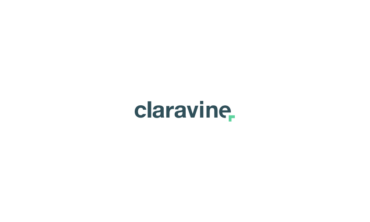Marketing data and musical chairs
 I’m guessing that it might have been some time since you last played musical chairs, but you remember how it works: count the number of kids, set that number of chairs, minus one, in a circle, range everyone around the chairs, and start the music. They move warily along the perimeter, sometimes hanging back, sometimes rushing forward, until the music stops. At that point there may be shrieking, jostling, possibly shoving, and then the dust settles: all the chairs are filled, and one dejected child is left standing.
I’m guessing that it might have been some time since you last played musical chairs, but you remember how it works: count the number of kids, set that number of chairs, minus one, in a circle, range everyone around the chairs, and start the music. They move warily along the perimeter, sometimes hanging back, sometimes rushing forward, until the music stops. At that point there may be shrieking, jostling, possibly shoving, and then the dust settles: all the chairs are filled, and one dejected child is left standing.
I thought of this game recently following a conversation with Claravine’s CEO Craig Scribner, in which he described the plight of marketers playing the data analytics game. Here’s an excerpt:
“Marketers are doing what they’ve been taught, and none of this is their fault. Most of them lack the analytics expertise to understand if what they’re doing works for data flow. In most cases, they don’t really need to have an understanding beyond a basic level. The fact that they are punished for not understanding analytics is simply a flaw in the current system. Marketers shouldn’t need to know the system in detail, and they shouldn’t have to worry about it.”
In musical chairs, somebody is left standing, but that’s not the fault of the person without a chair — it’s that there aren’t enough chairs. When marketing campaigns are put together without benefit of foolproof tracking, almost inevitably something will go wrong, and when that happens, organizations tend to heap condemnation on a group whose failures are hardwired into the current system. Rather than lecture the marketers, companies need to address the real problem: structural data vulnerabilities.
Musical chairs is fine as a kids’ game, where a little scrambling and shrieking are part of the fun, but it doesn’t make business sense. When your company’s success depends on bringing together the contributions of different people with a variety of talents, from developers to analysts to marketers, it would be a childish mistake to leave anyone’s skills out of the mix. In order for your venture to thrive, you’ll want to make sure that everybody’s got a seat in the circle.



